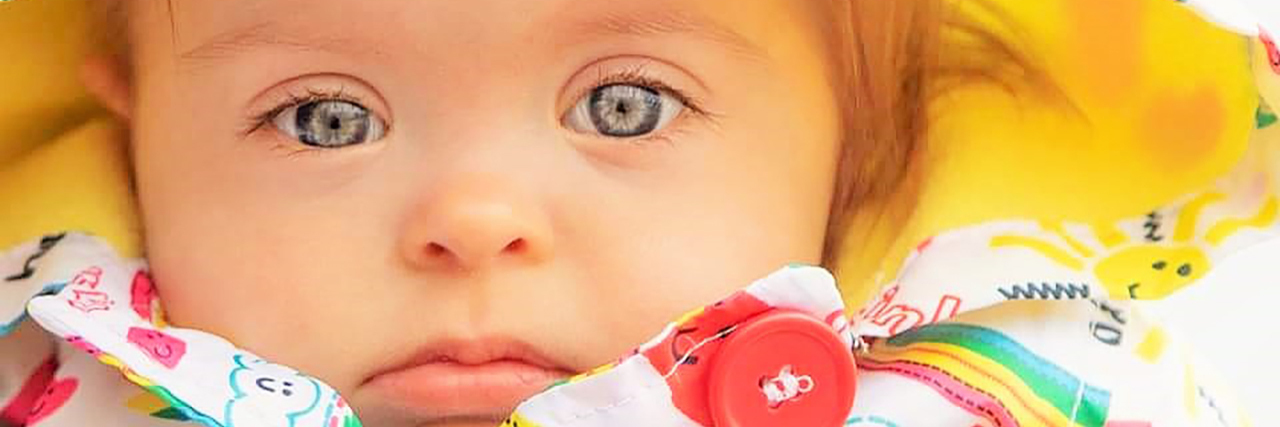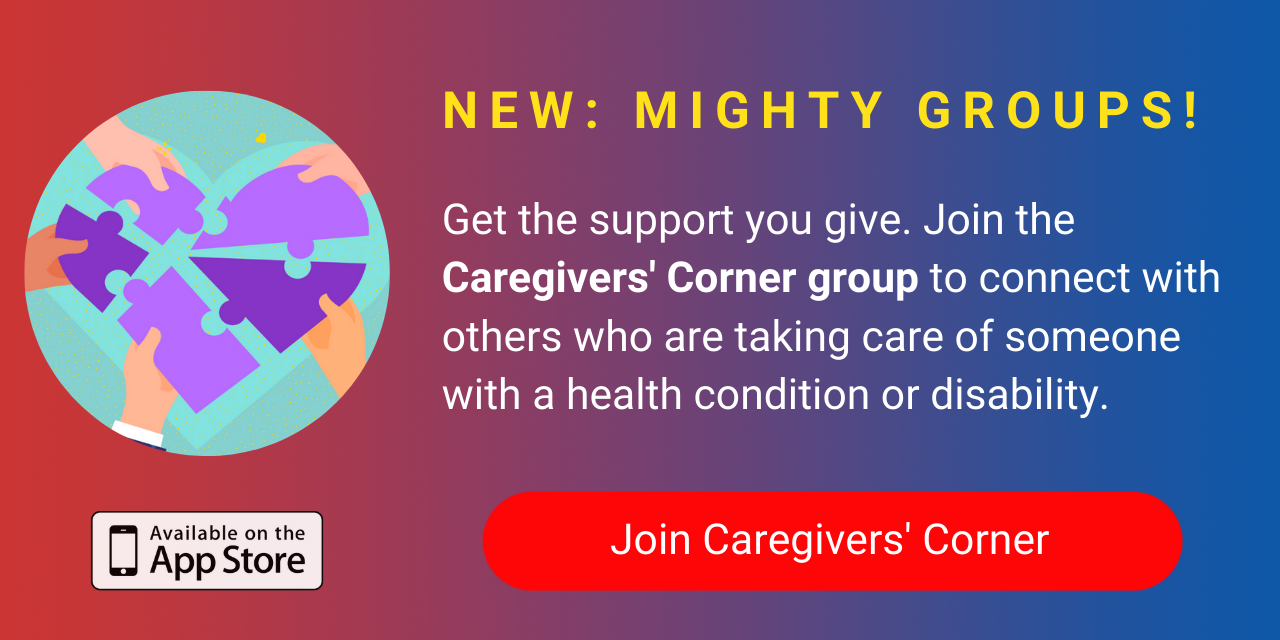I’ve been mulling over the theme of this year’s Learning Disability Awareness Week — “friendship” — and how it is framed in relation to my daughter’s learning disability and to our family. “Friend” was one of the first Makaton signs Betsy learned to use, I think from repeated, obsessive watching of “Mr. Tumble.” She often signs “friend” when she meets those she loves. She is generous with her love and time.
I can’t think about friendship without touching on how having a child with a learning disability has changed our friendships. After our daughter Betsy was born with Down syndrome, we rapidly learned that people either understood inclusion and equality or they failed miserably at embracing a family with a disabled child. There was no middle ground. We either found that we were welcomed in the most warm and wonderful way, or we had to endure insensitivity and prejudice. It distilled human nature for us. We have managed now to surround ourselves with friends who truly embody that ethos of acceptance and inclusivity.
It is through the unwavering support of a small number of true friends that I have witnessed the importance of friendship to Betsy. Even at such a young age, she has shown how her ability to draw people to her and engage with them brings them happiness. I want to share with you a few moments of how our friends have removed barriers for Betsy, how they have changed their own behavior to make the world an easier place for Betsy and how she has flourished as a result.
Betsy was invited to our friend’s daughter’s birthday party at a make-believe miniature town. Her eyes filled with wonder as we stepped through the doors! Straight away my friend came over and quietly told me not to worry about Betsy’s shoes. That she was already aware that she needed to wear her boots to support her hypermobile ankles and the staff were aware of it too. If anyone made even a comment, I was to come and tell her and she would sort it out.
Betsy stomped away to have the best time ever in the miniature cafe and supermarket. During lunch she sat politely with the other partygoers and ate her sandwiches with relish, passing crisps to the others. This experience solidified our thoughts that Betsy would thrive in a mainstream school. Watching her easily make connections with other children and be part of everything was beautiful.
The point of telling that story is that my friend recognized that Betsy needed something done slightly differently to be able to participate. She understood that the rules of the venue weren’t inclusive in terms of children with a physical disability who have to wear supportive footwear. She looked ahead at how Betsy could access her own daughter’s birthday party, fixed the problem before it even was a problem, and in doing so, made us feel like Betsy was in a safe space where she was wanted. This same family makes a point of always greeting Betsy with signs. They’re total gems of human beings! This is true inclusion.
Sometimes all children with disabilities need to have the opportunity to make friends is consideration — the ability of others to step outside of their own comfortable bubble and actively make changes that remove the barriers for them. All too often the responsibility for ensuring a child is included falls on their family, who frequently don’t have the tools or power to make a situation safe and accessible. Sometimes we just don’t have the headspace to raise another issue of prejudice or don’t feel able to challenge discrimination. We’re just ordinary people trying to make the world open itself up to allow our children in. We’re not robots. And a lot of the time this means the child then becomes excluded.
When my daughter is included, she will teach you what it is to be a brilliant person. She will show a genuine interest in you, intently scouring your face to ascertain how you are feeling. If others feel down, Betsy’s natural empathy leads her to provide a reassuring hand or hug. She extends the hand of human kindness willingly and without hesitation. On the flip side, if you are happy, she will celebrate with you, sharing smiles and laughter that lifts up everyone around her.
She will show you how to share. Betsy likes to ensure that everyone has a toy to play with and will notice if your hands are empty. She will recognize that it doesn’t look like you’re joining in and bring you an item. If it’s snack time, she’ll share hers with you if you’re not eating. Betsy doesn’t want to see anyone go hungry.
She will teach you how to interact with others. If you don’t like playing with others, Betsy will sit quietly by you until you look at her out of the corner of your eye. She will show you how it can be good to share an activity with a friend. She won’t push you, she just wants to gently show you that she’s here and interested in you.
Betsy can’t speak. She uses signs to communicate. If you step outside of your normality and take the time to learn even the smallest amount of Makaton, you’ll find you gain access to her world. And what a beautiful world it is. Maybe you’ll find she’s asking you if you would like a biscuit? Or if you would like to cuddle her teddy bear? Betsy teaches us how to be better human beings by her generosity of spirit.
Inclusion enabled by adults promotes the inherent inclusive practice that children possess within themselves. It is not children that have built an inaccessible world, but us ignorant adults. Watch children playing and you will find they often naturally help each other out. They haven’t yet developed the attitude of “it’s not my problem” that so many of us live by. Friendships form easily when adults don’t put up barriers to them.
In the light of Learning Disability Awareness Week 2020 with the theme of “Friendship,” let us all pledge to think more carefully about how we enable children with learning disabilities to form friendships. How we remove barriers to inclusion in society. How we teach the next generation how to create a better society where nobody is excluded. I am thankful for the wonderful friendships I have and I would like my daughter to be able to experience the same.


